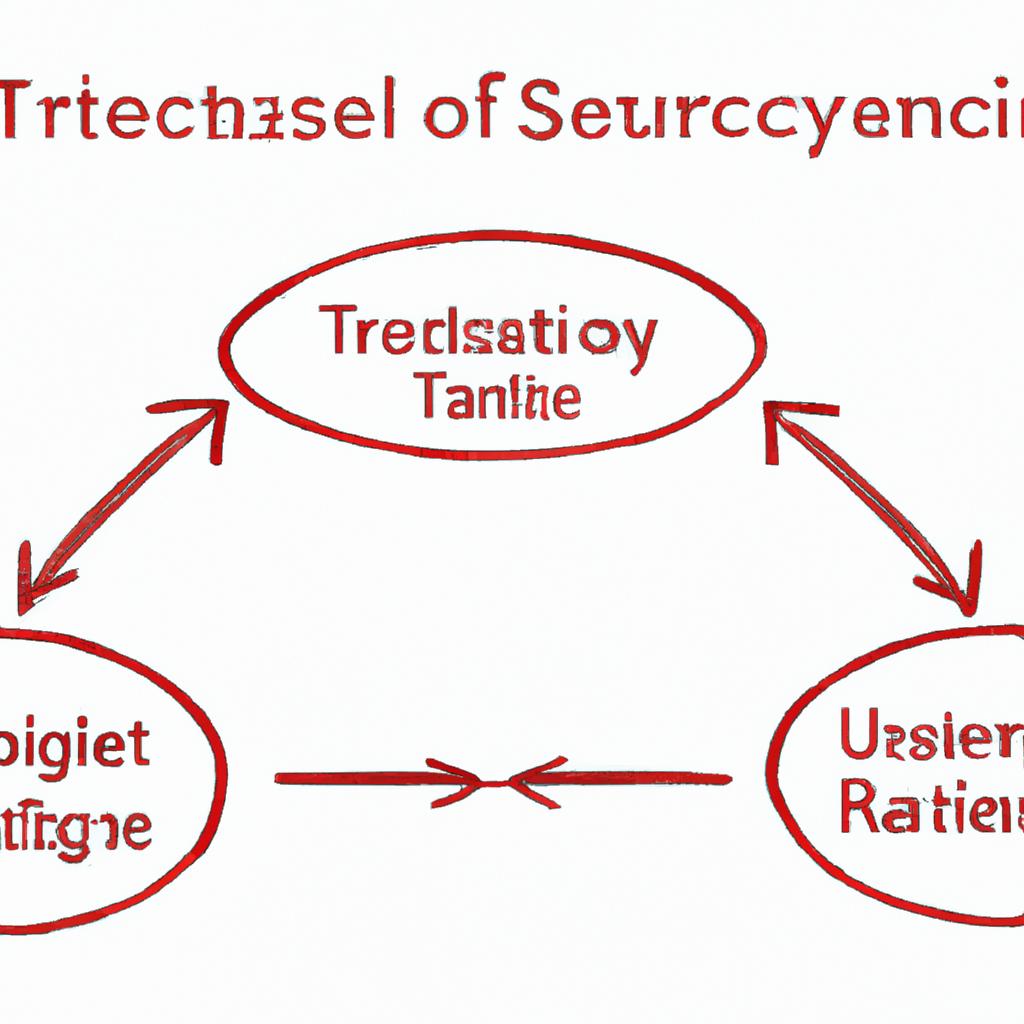Hello, and welcome to Morgan Legal Group in New York City. As experienced estate planning attorneys, we understand the complexities that can arise when it comes to blending families. In this article, we will explore the unique challenges faced by blended families when it comes to estate planning, and provide valuable insights and strategies to ensure the smooth transfer of assets and the protection of loved ones. Join us as we navigate the intricate world of estate planning for blended families.
Estate Planning Considerations for Blended Families: Navigating Complex Family Dynamics
In estate planning for blended families, navigating complex family dynamics is crucial to ensure that your loved ones are taken care of according to your wishes. With different relationships and responsibilities to consider, it’s important to address unique challenges that may arise.
One key consideration is to clearly define your beneficiaries and heirs, taking into account children from previous marriages as well as stepchildren. **Creating a comprehensive estate plan that includes provisions for all family members can help prevent potential disputes and ensure that everyone is provided for**. Additionally, establishing trusts can help protect assets and provide for the financial needs of your blended family members in the future.

Protecting Your Children’s Inheritance: Strategies for Blended Family Estate Plans
When it comes to estate planning for blended families, there are several strategies that can help ensure your children’s inheritance is protected. One key aspect to consider is setting up a trust, which can provide a level of control over how your assets are distributed. This can be particularly important in blended families where there may be children from multiple marriages.
- Consider establishing a revocable trust to avoid probate and maintain privacy.
- Update beneficiary designations on retirement accounts and life insurance policies to reflect your current wishes.
Another important factor to consider is discussing your estate plan with your family members. Open communication can help prevent misunderstandings and conflicts down the road. Additionally, working with an experienced estate planning attorney can help ensure that your wishes are legally sound and properly documented.
| Pros | Cons |
| Ensures assets go to intended beneficiaries | May require extra time and effort to establish |
| Can minimize estate taxes | May involve ongoing maintenance costs |

Choosing the Right Trust Structure: Ensuring Fairness and Clarity in Estate Distribution
When it comes to estate planning for blended families, selecting the right trust structure is crucial to ensuring fairness and clarity in estate distribution. With complex familial relationships involved, it is essential to establish a trust that reflects the unique needs and dynamics of the family. By carefully considering the following factors, you can create a trust that provides for your loved ones while minimizing conflicts and ambiguities:
- Identify your goals: Clearly define your objectives in estate distribution, taking into account the needs of both your current spouse and children from previous relationships.
- Choose the appropriate trust type: Select a trust structure that aligns with your goals, whether it be a revocable living trust, irrevocable trust, or a special needs trust.
- Appoint the right trustee: Designate a trustee who can act impartially and responsibly in managing the trust assets and making distributions.
- Provide for contingencies: Plan for unexpected events by including provisions for remarriage, divorce, or the birth of additional children in your trust document.

Preventing Disputes and Challenges: Tips for Successful Estate Planning in Blended Families
When it comes to estate planning for blended families, it is crucial to take proactive steps to prevent disputes and challenges that may arise. Proper planning can help ensure that your wishes are carried out smoothly and minimize the risk of conflicts among loved ones. Here are some tips to help you navigate the complexities of estate planning in blended families:
- Open Communication: Communication is key when it comes to estate planning. Make sure to have open and honest conversations with your spouse, children, stepchildren, and any other relevant parties about your wishes and intentions.
- Update Your Estate Plan Regularly: Life is constantly changing, and so should your estate plan. Make sure to review and update your plan as needed to reflect any changes in your family dynamics, financial situation, or goals.
Q&A
Q: What is estate planning for blended families?
A: Estate planning for blended families refers to the process of creating a comprehensive plan for the distribution of assets and inheritance in families where one or both spouses have children from previous relationships.
Q: Why is estate planning important for blended families?
A: Estate planning is especially important for blended families to ensure that each spouse’s wishes are carried out and that all children receive their fair share of the inheritance. Without a carefully crafted plan, there is a risk of family disputes and unintended consequences.
Q: What are some common challenges in estate planning for blended families?
A: Some common challenges in estate planning for blended families include deciding how to provide for both the spouse and children from previous relationships, addressing potential conflicts between stepchildren and biological children, and navigating complex family dynamics.
Q: What are some strategies for estate planning in blended families?
A: Some strategies for estate planning in blended families include creating a will or trust that clearly outlines how assets will be distributed, establishing a prenuptial agreement to protect individual assets, and considering life insurance policies to provide for all family members.
Q: How can a professional estate planner help blended families?
A: A professional estate planner can help blended families navigate the complexities of estate planning by providing expertise and guidance on strategies that can minimize taxes, avoid probate, and ensure that assets are distributed according to the wishes of the spouses and parents.
Future Outlook
In conclusion, estate planning for blended families is a crucial step to ensure that your loved ones are taken care of and your wishes are carried out. By addressing potential issues and creating a comprehensive plan, you can provide peace of mind for yourself and your family members. Remember, every family is unique, so be sure to seek out personalized guidance from a trusted professional to tailor a plan that meets your specific needs. With proper estate planning, you can navigate the complexities of blended family dynamics and protect the future of those you hold dear.


